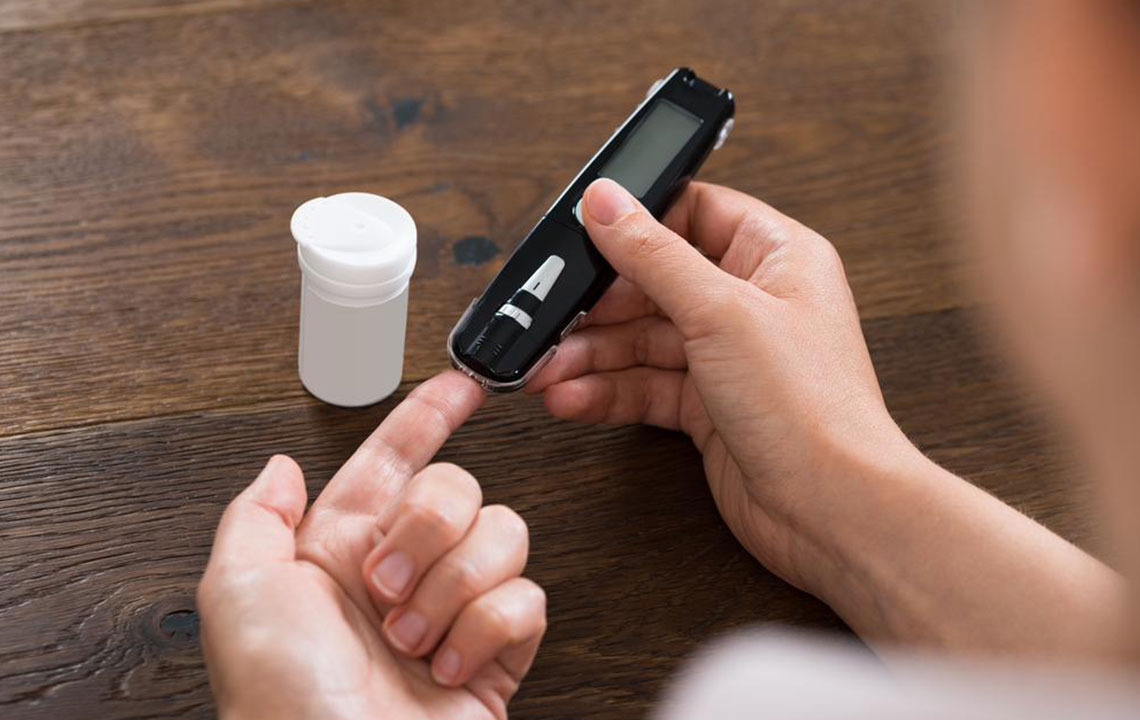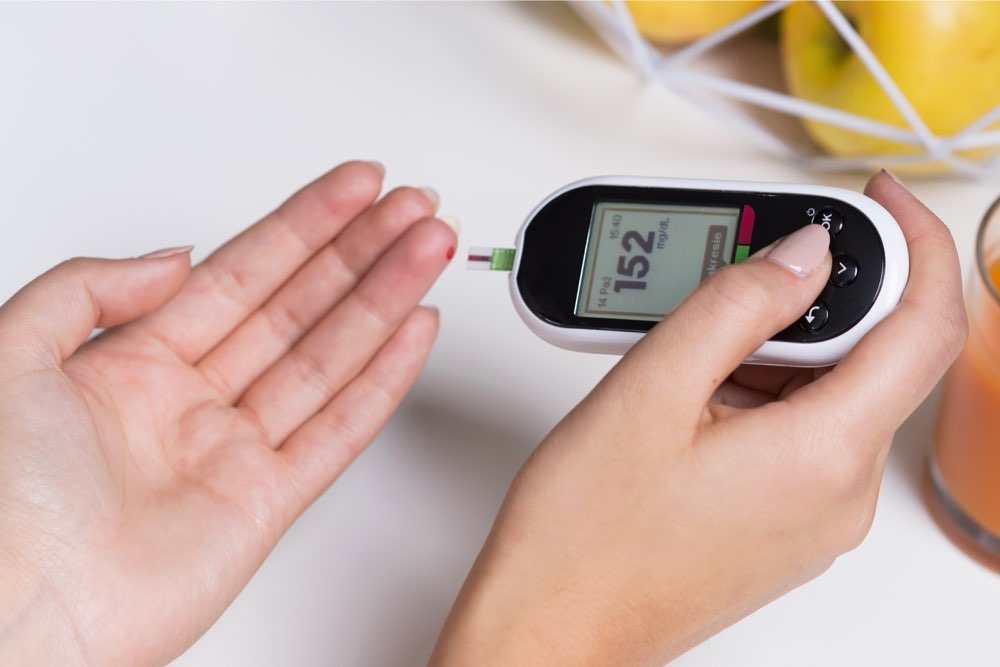Smart Strategies to Manage and Lower Blood Sugar Levels
Discover effective strategies to manage and lower blood sugar levels naturally. Learn symptoms, causes, and lifestyle tips to prevent hyperglycemia and support overall health. Consult your healthcare provider for personalized advice and monitoring techniques to maintain optimal blood glucose balance.

Smart Strategies to Manage and Lower Blood Sugar Levels
Elevated blood sugar, commonly known as hyperglycemia, is a condition affecting many individuals and is closely linked to diabetes. Fluctuations in blood glucose levels can result from factors such as medication use, irregular eating habits, intense physical activity, and more.
Glucose, or blood sugar, provides essential energy to the body. It originates from the foods we eat daily—including bread, rice, vegetables, and dairy products—and is absorbed into the bloodstream to fuel cells across the body.
Consuming excess glucose leads to storage in the liver and muscles, or conversion into fat for future energy use. Frequent blood sugar fluctuations can cause serious health problems, including nerve and organ damage. Early symptoms may be subtle, but untreated high sugar can lead to fainting or even coma.
Signs of high blood sugar vary by individual and severity. Common symptoms include:
Profuse sweating: Primarily on the palms and back of neck, signaling increased blood sugar.
Blurry vision: Difficulty focusing, with potential watering of eyes.
Speech issues: Slurred speech can occur with significant increases.
Seizures: In extreme cases, high sugar levels can trigger seizures, increasing stroke or fatality risk.
Causes of elevated blood sugar include lifestyle choices and health conditions:
Intense exercise without proper nutrition: Overexertion in the absence of adequate food intake can spike glucose levels.
Organ disorders: Conditions affecting the liver, heart, or kidneys can impair blood sugar regulation.
Pregnancy: Hormonal changes during pregnancy may lead to fluctuating blood glucose levels.
Individuals suspecting blood sugar issues should consult healthcare professionals. Regular monitoring with a glucose meter, along with medical advice, can help manage levels effectively.
To naturally lower blood sugar, consider these lifestyle adjustments:
Stay hydrated: Drinking plenty of fluids helps flush toxins and maintains digestion.
Eat smaller, frequent meals: Smaller meals throughout the day stabilize blood glucose more effectively than large, infrequent ones.
Practice relaxation techniques: Methods like yoga and meditation reduce stress-induced blood sugar spikes.
Use apple cider vinegar: Known for health benefits, it can improve insulin sensitivity—consult your doctor before use.
Limit carb consumption: Reducing daily carbohydrate intake supports better blood sugar control.
Prioritize sleep: Adequate rest enhances overall health and blood sugar regulation.
Effective management of blood sugar levels is achievable with proper care and lifestyle modifications.










